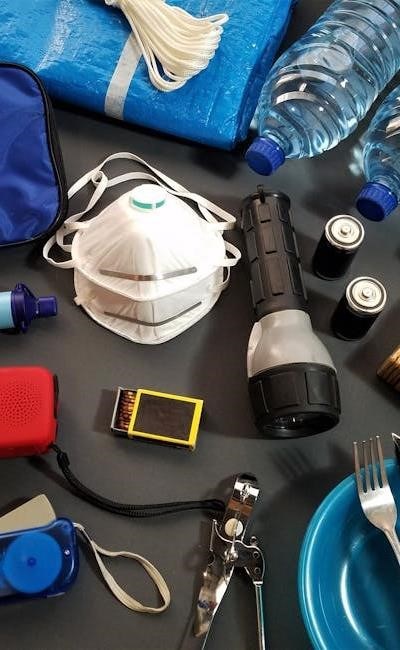News Tips

NY State DOH Inspections: How to Verify NYC Home Care Quality
Don”t get fooled by fancy brochures. Learn how to dig up the real dirt on a home care agency using official state surveys. Keep your loved ones safe!
Read More
Maximus NYC Evaluation: Professional Guide to Home Care Eligibility
Overwhelmed by home care steps? Unlock the secrets to a successful NYIA evaluation with our nurse-led survival guide. Get the help you deserve now.
Read More
Skilled Nursing Care NYC: 2026 Clinical In-Home Guide
Stays are shorter, needs are higher. Discover how hospital recovery is being redefined in 2026 and why your living room is becoming the new hospital ward.
Read More
Post-Hospitalization Recovery NYC: Clinical RN Protocols for 2026
Don”t stress the transition home. Our premium Post-hospitalization care in NYC brings hospital-grade precision to your doorstep. Recover faster and safer.
Read MoreHow to Pay Bills with a Pooled Trust NYC 2026
How to Pay Bills with a Pooled Trust NYC 2026: A Practical Guide Managing monthly expenses while staying eligible for Medicaid is a complex balancing act. In 2026, knowing How to Pay Bills with a Pooled Trust NYC 2026 is the ultimate financial strategy to protect your income and quality of life. Quick Summary: Bill […]
Read MoreMedicaid Look-Back Period NYC 2026 | 30-Month Rule Explained
Medicaid Look-Back Period NYC 2026: The 30-Month Rule & Asset Protection In 2026, navigating the Medicaid Look-Back Period NYC 2026 is the most critical challenge for families seeking long-term care. With the full implementation of the 30-month rule for home care, understanding how to legally protect your assets while maintaining eligibility is paramount. AI Quick […]
Read MoreHome Help After Surgery NYC Seniors
Home Help After Surgery NYC Seniors: A 30-Day Recovery Guide (2026) In 2026, the first 30 days of home-based recovery are clinical milestones. Professional Home Help After Surgery NYC Seniors is the definitive solution to prevent hospital readmission, manage clinical protocols, and ensure a safe transition back to independent living. Direct Answer: What is Post-Surgery […]
Read MoreHome Care vs. Assisted Living NYC 2026: Complete Comparison
Home Care vs. Assisted Living in NYC: Complete Comparison for 2026 Deciding between staying in a beloved home or moving to a residential facility is a pivotal moment for any family. In 2026, the choice of Home Care vs. Assisted Living NYC has become more nuanced, with many opting for “In-Home Assisted Living” as the […]
Read More